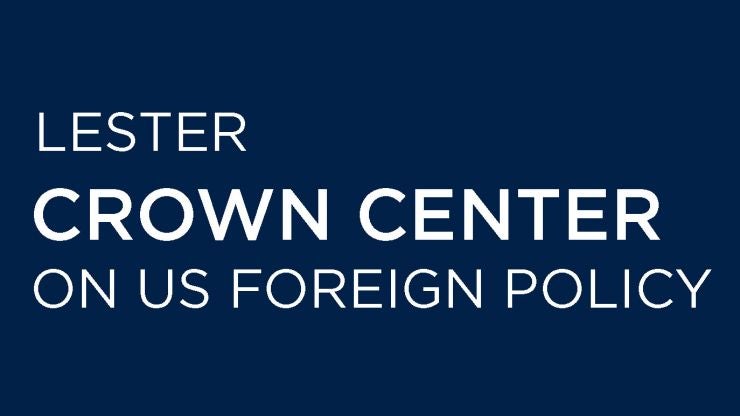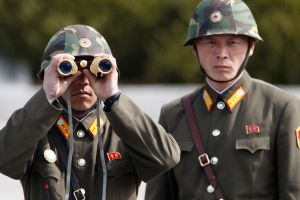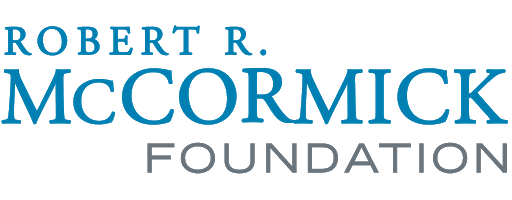Americans show clear concern about North Korea’s nuclear capability and consider preventing the spread of nuclear weapons as a highly important US foreign policy goal.
Key Findings
North Korea now faces tightened UN Security Council sanctions for carrying out a nuclear test in February 2013, leading Pyongyang to declare that the 1953 armistice that ended the Korean War will be canceled on March 11, 2013. The February test is the third North Korean nuclear test since 2006, and follows two attempts at long-range missile testing in 2012. If there were any doubts about Kim Jong-un's intentions, the recent test makes it clear that the North Korea's nuclear agenda remains the same as it was under his father.
The 2012 Chicago Council Survey showed that majorities of Americans back interdiction of North Korean ships suspected of carrying nuclear-related material and continued diplomatic efforts to pressure North Korea to stop building its nuclear weapons program. But most Americans oppose the use of military force to curb North Korea's nuclear efforts. A February 2013 Asan Institute survey found that nonmilitary approaches are similarly favored by a majority in South Korea, though there are some signs of growing discomfort with the nuclear ambitions of its neighbor.
This brief from the 2012 Chicago Council Survey includes these findings:
- Preventing North Korea from building nuclear capacity is Americans' top priority for the US-ROK relationship
- Few support US unilateral military action against North Korea
- Americans affirm support for South Korea
- South Korean opinion aligns with American views







